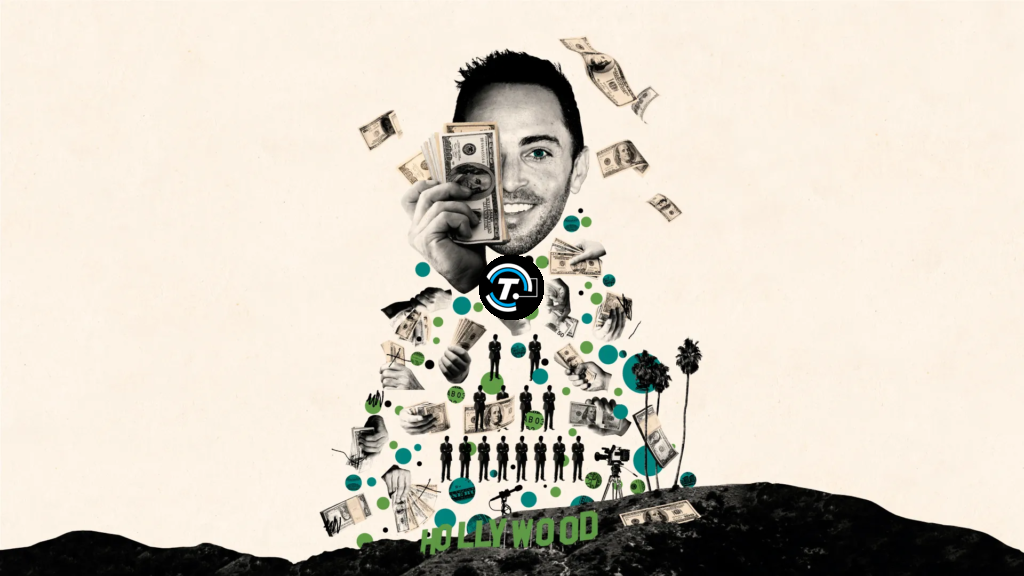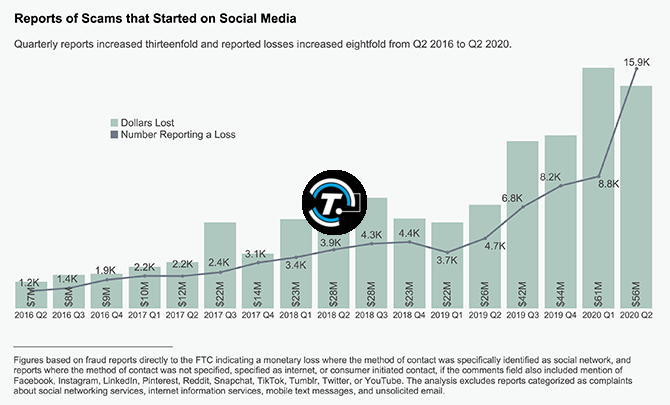In today’s world, social media is more than just fun. It’s full of opportunities—but also risks. One growing danger is the social media pyramid scheme. These scams promise fast cash, but they often trap people in fake systems where only the top wins. In this article, we’ll break it all down simply.
What Is a Social Media Pyramid Scheme?
A social media pyramid scheme is a type of scam that spreads quickly online, especially through platforms like Facebook, Instagram, TikTok, and Telegram. It’s called a pyramid because the people at the top get money from the people below them. Those at the bottom? They usually lose.
Here’s how it works: someone online tells you to invest or pay a small amount of money—like $50 or $100. They promise if you get others to join under you, you’ll make more money. But the truth is, the money you earn isn’t from real products or services. It’s just money coming from the next people who join. That’s the pyramid.
These schemes look flashy and fun. They often use words like “gift circle,” “investment opportunity,” or even “blessing loom.” They seem like community-driven projects, but they’re not.
How Do People Drive These Schemes Online?
These pyramid schemes don’t grow by accident. People drive them through clever marketing and manipulation on social media. They often start with someone you trust—maybe a friend or even a family member—posting about a “life-changing opportunity.” These posts look real because they come from someone you know.
They use emotional triggers, like stories of how joining helped them pay rent, buy a car, or support their kids. They also post fake screenshots of money transfers or earnings. This creates social proof, tricking others into thinking the scheme is legit.
Some even use fake MLM (multi-level marketing) style pitches, adding more confusion. They promise things like:
- “Make $500 in 24 hours”
- “Turn $50 into $1000”
- “Join my team now, limited spots!”
These schemes grow quickly because social media lets them reach thousands of people instantly, with just one post, story, or DM.
Why Do People Fall for These Scams?
So if it’s a scam, why do so many smart people fall for it? The truth is, these schemes are designed to trick your brain. They play on human feelings—hope, fear, and trust.

The Promise of Fast Cash
We all want money, especially during hard times. These scams know that. That’s why they often pop up more during economic struggles or around the holidays. The idea of turning a little money into a lot is super tempting. It feels like a way out. But sadly, it’s not real.
Trusting Friends Online
When you see a post from a friend or cousin, your guard goes down. You think, “They wouldn’t scam me.” But sometimes they don’t even know it’s a scam—they were tricked too. This trust makes pyramid schemes grow faster than other scams.
Not Knowing the Risks
Many people don’t understand what pyramid schemes really are. They think they’re joining a business or helping someone they care about. The lack of clear knowledge makes it easier to fall into the trap.
Signs You’re Looking at a Pyramid Scheme
These schemes often have clear warning signs, but they’re easy to miss. Here are some signs:
- You’re asked to pay money just to join.
- You must recruit others to earn anything.
- There’s no real product or service being sold.
- The focus is on “building your team” or “levels,” not sales.
- The person says things like “no risk,” “guaranteed returns,” or “get rich fast.”
- The offer feels urgent—“Only 5 spots left!”
If it sounds too good to be true, it probably is.
What Can Go Wrong If You Join One?
Joining a social media pyramid scheme can hurt more than your wallet. Here’s what can go wrong:
- You lose money. Most people never see any profit. In fact, research shows that 90% of people in these schemes end up losing money.
- You hurt your relationships. When you invite others and they lose money, they may feel betrayed—even if you didn’t mean to.
- You break the law. These schemes are illegal in many countries, including the United States. Even if you didn’t know, you could get into legal trouble.
- You damage your reputation. Being linked to a scam online can make others lose trust in you.
- You waste time and energy. You spend hours messaging people, making posts, and defending the scheme—only to watch it fall apart.
How to Stay Safe From Social Media Scams
Protecting yourself from these scams doesn’t require tech skills—just awareness and smart habits.

Think Before You Share
Before you post or forward an opportunity, ask yourself:
- Where is the money coming from?
- Is there a real product or service?
- Does this promise sound too good?
If the answers don’t make sense, don’t share it.
Use Trusted Sources
Always double-check with trusted financial websites, consumer protection sites, or government sources like the FTC (Federal Trade Commission). You can search for the scheme’s name along with keywords like “scam,” “pyramid,” or “MLM fraud.”
What Should You Do If You See One?
If you come across a suspicious scheme:
- Don’t join or share it.
- Report it to the platform (Facebook, Instagram, etc.).
- Warn your friends politely, especially if they’re involved.
- Report to authorities, like the FTC in the U.S.
You’re not being rude—you’re helping protect others.
Are These Pyramid Schemes Legal?
No, pyramid schemes are illegal in the United States and many other countries. Even if they look like a business or use fancy terms like “matrix” or “gifting circle,” if they depend mainly on recruitment, they’re breaking the law. The FTC clearly warns against these scams and can take action against people who run them.
The Bottom Line
Social media pyramid schemes are dangerous traps disguised as money-making opportunities. They target trust, hope, and fear to pull people in—and they’re getting better at hiding. The key to staying safe is knowledge. If something seems too good to be true, it probably is. Look deeper, ask questions, and always protect your time, money, and reputation.
It doesn’t matter how old you are—if you use social media, you need to be careful. And if you know someone caught in one of these schemes, help them understand the truth.


